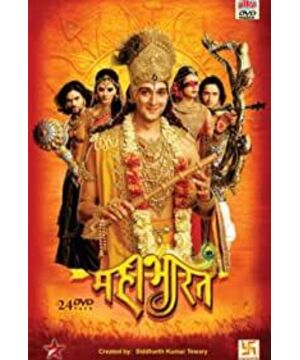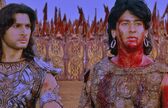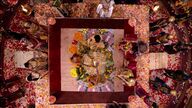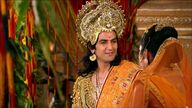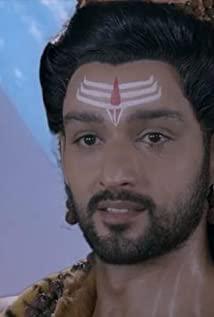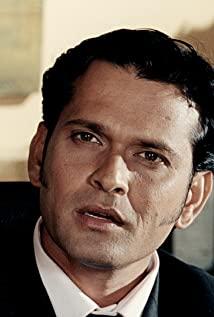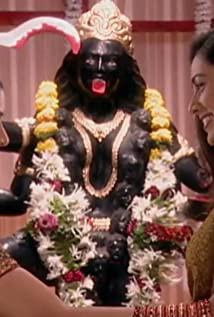I only watched the 13th edition, so I only commented on the plot of the 13th edition. Please separate it from the original to see that
the taller and more powerful the hair, the more the hatred and courage in the heart of the petite Amba in the previous life. When Anba appeared on the stage, she was domineering and domineering and did not hesitate to burn the fields in order to see her sweetheart. She was very much like Concubine Hua, but a woman who had never been exposed to weapons, tried to resist after suffering a huge injustice. The whole play did this. I am afraid that she is the only woman: Gan Dali swore to be blindfolded in this life, the black princess married five husbands, but she was the only one who went to the Axe Rama and the Great Heaven when she could not get the proper blessing of the Dharma, and in the end she could not seek the Dharma. Had to jump into the fire.
And the more Anba begged, the more she showed off her obsession with tying her hair for revenge. Only married women would tie their hair, but the name proves that her pursuit in this life is probably nothing but revenge. Her revenge is a relief for Bishma who brought her all kinds of suffering. As Krishna said to the black princess, "you should not start wars because of your hatred." She did to Bishma and the five sons. Save the world.
I don't think Bishma and Anba have any feelings. Although I also want to eat this pair of candies, when I saw Bishma on the battlefield who came to understand the rest of his life, the eyes showed because he was about to get The stability and happiness born of liberation and redemption can only be brought by her. It doesn't matter if she is a man or a woman now, with her hair tied or Amba.
View more about Mahabharat reviews


